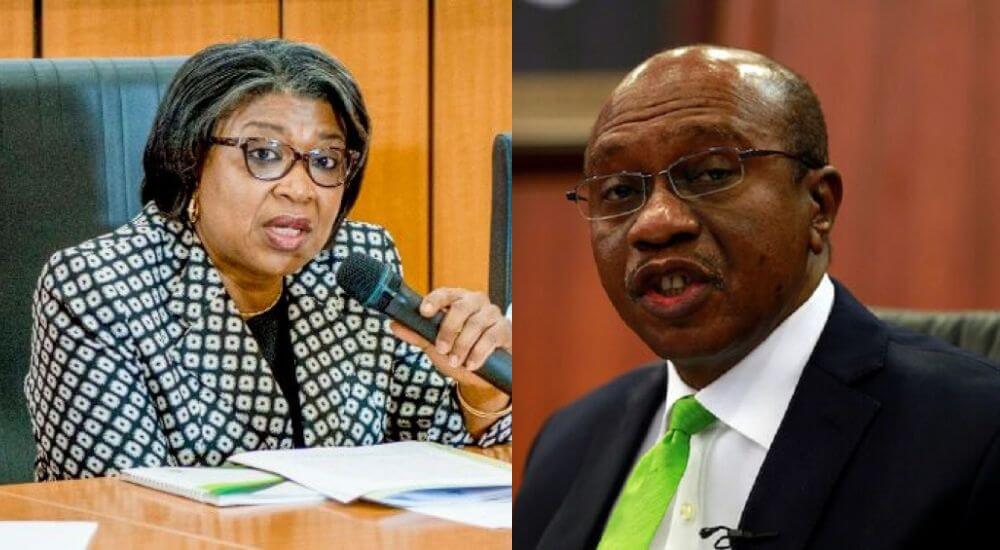DMO Replies CBN’s MPC Member, Says $15.9bn Eurobond Won’t Push Nigeria Into Debt Crisis
The Debt Management Office has accused a member of the Monetary Policy Committee of the Central Bank of Nigeria of ‘insensitivity’ to the government’s fiscal challenges after he commented that its $15.9bn Eurobond will hurt the economy soon.
The DMO took a stand that the Eurobond has opened up opportunities for the private sector to take advantage of the international capital market and as well boost foreign reserves.
Advertisement
The country’s debt manager made the reply in a statement posted on its website.
A member of the CBN’s MPC, Asogwa Chikwendu had said in his personal statement made at the last MPC meeting criticized government’s penchant for Eurobond.
Nigeria returned to the Eurobond market in 2021 and has issued bonds worth $15.9bn accounting for 39.8 per cent of external debt stock, according to the DMO.
The country’s debt is $100.06bn or N41.6tn as of March, 2022, the debt office said in June.
Advertisement
Chikwendu had said, “As at the end of 2021, the debt service to revenue ratio was 76.0 percent, but may have jumped to about 80.0 percent by the first quarter of 2022. Particularly worrisome about the debt structure, is the increasing accumulation of Eurobonds in the external debt component, while minimizing concessionary loans.
“The unexplained government preference of Eurobonds at high interest costs, with the associated exchange rate risk may likely hurt Nigeria sooner than anticipated. Unfortunately, several other African countries are involved in this excessive rush for Eurobonds.
“Already, Nigeria is being mentioned by the IMF as one of the countries that may likely move into debt distress, given the staggering $100.07 billion dollars of public debt stock as at March 31, 2022.”
But the DMO said the “statement may have been made without due consideration of the government’s borrowing needs as captured in the Annual Budgets, Medium-Term Expenditure Framework, as well as, the Debt Management Strategy.”
The DMO said it would be inappropriate to raise all the funds for the budget in the domestic market, adding “this would result in the government crowding out the private sector and raising borrowing rates. Consequently, some part of the required funding has to be raised externally.”
Advertisement
The debt office insisted that “loans from concessional sources such as the International Development Association (an arm of the World Bank) are relatively cheaper as stated above, they are limited in amount.
“They are not available for financing infrastructure and other capital projects. Thus, Nigeria accesses concessional and semi-concessional loans as may be available, while issuing Eurobonds to part finance the Annual Budgets and the infrastructure projects contained therein.
“On the issue of Eurobonds likely to lead to debt distress, the DMO reiterates the need to generate more revenues significantly beyond their current levels. Data from the World Bank show that compared to a number of advanced and developing countries who have higher public debt to GDP ratios than Nigeria, Nigeria has a much lower revenue to GDP ratio.”
The DMO explains that while the government continues ongoing efforts to diversify and grow revenues, the public should take into cognizance other benefits of Eurobonds which include increase in the level of external reserves and opening up opportunities for the private sector to issue Eurobonds since January 2011 when the debut Sovereign Eurobond was issued by the DMO on behalf of the FGN.
It added that many Nigerian banks including United Bank for Africa, Access, Zenith and Fidelity have issued Eurobonds to raise capital.



